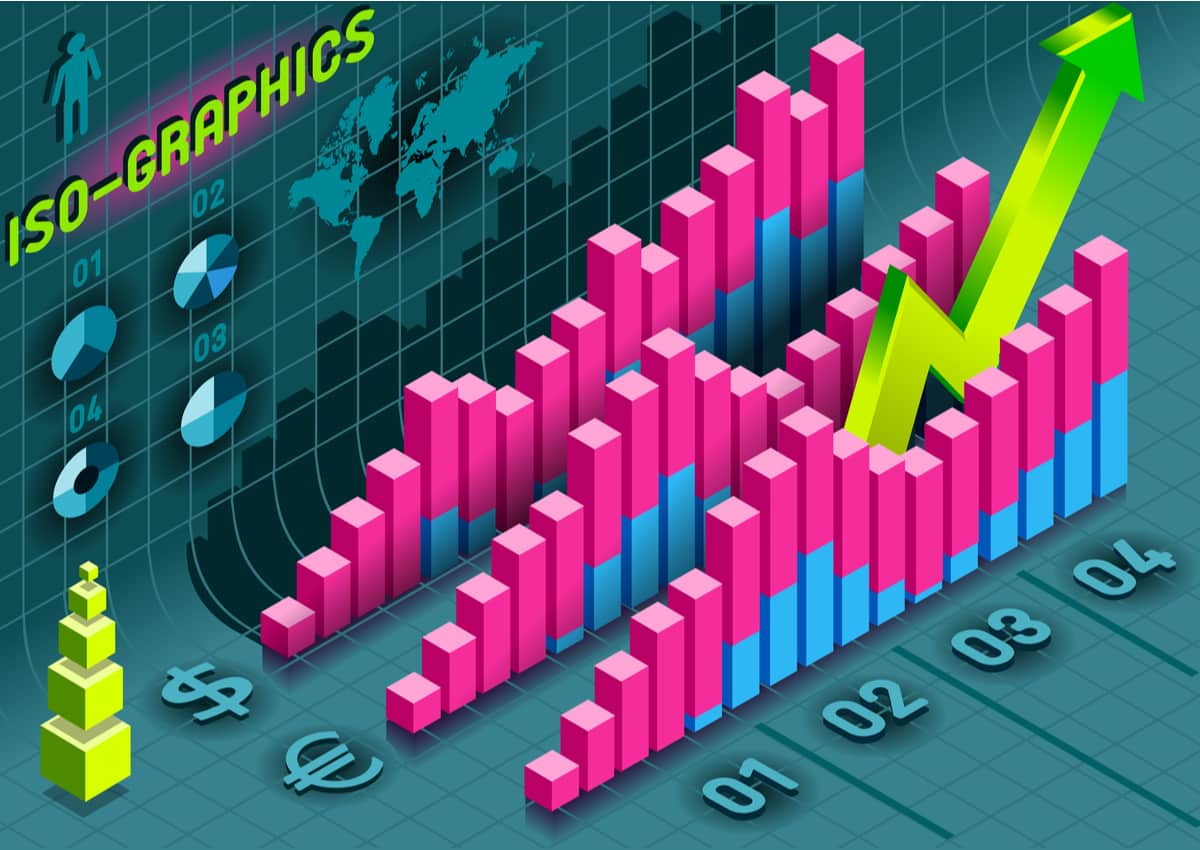Whether it is a pin or a plane that you are trying to sell, the onus for the success of a product, service, or consultation is on the marketing team. Marketing is one of the most important functions in any organisations. The lynchpin of all aspects of business, marketing has seen a drastic change in its campaigns, advertising, and customer engagement approach in recent times. Decisions purely based on experience, intuition, and instinct are paving the way for data-driven decision making. It presents an excellent opportunity for marketing professionals to equip themselves with the tools and techniques required to excel in the digital economy.
Looking to improve your marketing analytics skills? Check out this free marketing analytics course! You’ll learn how to collect and analyze data to make better marketing decisions. Enroll today and start improving your marketing skills!
The following five case studies provide perspective on how the use of analytics is a natural progression for marketing and why it is high time for professionals in the domain to upskill:
Examples of How Marketing Uses Analytics to Solve Problems
- Optimised marketing strategy using Bayesian Regression analytics – A leading CPG manufacturer recently changed its messaging strategy from attribute-oriented to customer experience-oriented and thus wanted to compare the impact of its old messaging to its new messaging on brand volume sales at the retailer level. Fractal Analysis used a Hierarchical Bayesian Regression technique and a Bayesian Belief Network to build marketing mix models to measure campaign performance at the total US level by evaluating the impact of each campaign in generating incremental sales. Read the full details here.
- Enhanced loyalty by assessing customer value for a leading casino operator – The marketing function of a leading casino operator wanted to devise customised promotion strategies for their customers. Mu-Sigma enabled customer segmentation based on the share of wallet at the client and competitors’ casino in order to develop a customised campaign plan. They also developed effective up-sell/ cross-sell as well as promotion strategies to improve customer loyalty. Read more.
- Improved effectiveness of loyalty campaigns for one of the largest airline in the US – Mu Sigma developed an analytical framework for email targeting using a test and learn approach. This helped the client roll out an org-wide campaign design module for use in different regions, which led to improved targeting and ROI increasing both response and conversion rates by approximately 20%. Read this interesting case study here.
- Conducted market opportunity assessment for a large pharmaceutical company for identifying sales potential – A leading pharmaceutical company in the world which manufactures prescription drugs across several therapeutic areas like oncology, diabetes, internal medicine, etc. was interested in developing two of its pipeline molecules for various oncology indications in major geographical locations. Mu-Sigma developed an exhaustive dashboard using analytics for providing critical information around competitive landscape, competitor assessment and plan positioning. Read the complete set of solutions here.
- Improved marketing spend effectiveness for a large entertainment company – The world’s most diversified casino entertainment provider and an industry leader in establishing a customer loyalty program required a structured data driven framework to gain a better understanding of the customer base leading to better engagement. Mu-Sigma’s customer segmentation and scoring framework helped create the basis for a whopping $20 MM additional annual revenue. Click here to read more about the framework developed.
Sources: Mu-Sigma, Fractal Analysis.









